As a woodworker, you're constantly seeking ways to refine your craft and boost efficiency. The electric screwdriver, often overshadowed by larger power tools, is a crucial instrument that can significantly enhance your woodworking prowess. This versatile tool offers more than just convenience; it brings precision, speed, and reduced fatigue to your projects. Whether you're a professional or hobbyist, understanding the full capabilities of the electric screwdriver can revolutionize your approach to joinery, assembly, and finishing. This guide will equip you with the knowledge to select, use, and maintain this essential tool, helping you achieve superior results in your woodworking endeavors.
The Revolution of Electric Screwdrivers in Woodworking
Electric screwdrivers have changed woodworking for the better. These small but mighty tools have made work faster and easier. They take the hard work out of driving screws, which means projects get done quicker and with less effort.
One big advantage of electric screwdrivers is their ability to drive screws to the same depth every time. This means joints look neater and there's less chance of splitting wood. It's a level of consistency that's hard to achieve by hand.
Today's electric screwdrivers such as S1 Pro can be adjusted for speed and power. This makes them useful for all kinds of woodworking, from small, delicate projects to building large furniture. One tool can now do many jobs.

With electric screwdrivers, woodworkers can finish tasks much faster than before. This leaves more time for designing and creating, rather than just assembling. It's opened up new possibilities for complex projects that would have been too time-consuming in the past.
Electric screwdrivers are designed to be comfortable to use. They're lighter and easier to hold than manual screwdrivers. This means woodworkers can work longer without getting tired or risking injury from repetitive motions.
Electric Screwdrivers vs. Manual Screwdrivers: The Clear Advantages
1. Speed and Efficiency
Electric screwdrivers work much faster than manual ones. With a simple button press, they drive screws in seconds. This speed helps woodworkers finish projects quicker, allowing for more work or extra free time.
2. Consistent Results
Electric screwdrivers provide uniform outcomes. They maintain steady power and speed, ensuring each screw is driven to the same depth. This consistency improves both the look and strength of your projects.
3. Less Physical Strain
Using electric screwdrivers reduces the risk of hand and wrist injuries. They're especially helpful for big projects or when working with hard woods. This tool easily handles dense or hard woods that might be challenging with manual tools.
4. Better Control and Precision
Many electric screwdrivers have adjustable power settings. This feature lets you control the tool based on your project's needs, preventing damage to delicate pieces. Their slim designs also make them great for reaching tight spots.
5. Time and Cost Savings
While electric screwdrivers cost more upfront, they save time on projects. For professional woodworkers, this time saving means cost savings. The reduced risk of injuries from repetitive motions also adds to their value.
Core Features of Electric Screwdrivers for Woodworkers
1. Variable Speed Control
Electric screwdrivers often come with adjustable speed settings. This feature allows woodworkers to match the tool's speed to different tasks. Slower speeds work well for delicate jobs, while higher speeds are great for quickly driving screws into softer woods.
2. Torque Settings
Many models offer multiple torque settings. This feature lets you control the screwdriver's power output. It helps prevent over-tightening screws or stripping screw heads, especially when working with softer woods or smaller screws. Click to read more: Cordless Screwdriver Torque: Unveiling the Magic Behind Screw Driving Power
3. Reversible Direction
The ability to switch between forward and reverse is crucial. It allows for easy screw removal or backing out if needed. This feature saves time and reduces frustration during projects.
4. Battery Life and Charging
For cordless models, long battery life is essential. Look for screwdrivers with lithium-ion batteries that hold a charge well. Quick-charging capabilities are also valuable, minimizing downtime during big projects.
5. Ergonomic Design
Comfortable grip and lightweight design reduce hand fatigue during extended use. Many electric screwdrivers feature rubberized grips and balanced weight distribution for easier handling.
6. Chuck Type and Bit Compatibility
Some electric screwdrivers have quick-change chucks for fast bit swaps. Others use standard hex chucks. Consider which type best suits your work style and the variety of bits you commonly use.
7. LED Work Lights
Built-in LED lights illuminate the work area, improving accuracy in low-light conditions. This feature is particularly useful when working in tight spaces or shadowy corners of your workshop.
8. Compact Size
A slim, compact design allows the screwdriver to fit into tight spaces. This feature is crucial for furniture making and other detailed woodworking projects where space might be limited.
How to Select the Right Electric Screwdriver for Specific Woodworking Tasks
1. Consider Your Project Types
Different woodworking projects require different tools. For small, detailed work, choose a compact, lightweight screwdriver. For larger projects or working with harder woods, select a more powerful model with higher torque.
2. Corded vs. Cordless
Corded models offer consistent power but limit mobility. Cordless screwdrivers provide freedom of movement but require battery management. Consider your workspace and typical project duration when deciding between the two.
3. Voltage and Power
Higher voltage generally means more power. For most woodworking tasks, a 12V to 18V screwdriver is sufficient. However, if you frequently work with dense hardwoods, you might need a more powerful 20V model.
4. Chuck Size
The chuck size determines what bit sizes you can use. A 1/4-inch chuck is standard and suitable for most woodworking tasks. Ensure the chuck size matches the bits you commonly use.
5. Speed Range
Look for a screwdriver with a wide speed range. Lower speeds (around 0-400 RPM) are great for precision work, while higher speeds (up to 1,500 RPM) are useful for faster screw driving in softer woods.
6. Weight and Ergonomics
If you'll be using the screwdriver for extended periods, prioritize a lightweight model with good ergonomics. This will help reduce fatigue and improve accuracy over long work sessions.
7. Brand Reputation and Warranty
Choose a reputable brand known for quality tools. A good warranty can provide peace of mind and protect your investment.
8. Price vs. Features
Balance your budget with the features you need. While professional-grade tools offer more features, there are many good mid-range options for hobbyists and DIY woodworkers.
Power Source Innovations in Electric Screwdrivers
1. Smart Battery Management Systems
Modern electric screwdrivers often incorporate intelligent battery management systems. These systems monitor battery health, optimize charging cycles, and provide real-time feedback on battery status. Some advanced models even offer smartphone connectivity, allowing users to track battery life and schedule maintenance through dedicated apps.
2. Hybrid Power Systems
Some manufacturers are developing hybrid electric screwdrivers that can seamlessly switch between battery power and corded operation. This innovation offers the best of both worlds: cordless convenience when needed and unlimited runtime for longer tasks.
3. Solar Charging Options
For eco-conscious woodworkers, some brands are exploring solar charging capabilities. While still in early stages, these systems could allow for sustainable power management in outdoor or remote working conditions.
4. Fuel Cell Technology
A few cutting-edge models are experimenting with miniature fuel cell technology as an alternative to traditional batteries. These systems promise longer runtime and quicker refueling compared to battery recharging.
5. Power Sharing Platforms
Some tool ecosystems now allow for power sharing between devices. For instance, a higher capacity battery from a drill might be used to power a screwdriver, increasing flexibility in the workshop.
Essential Accessories for Electric Screwdrivers in Woodworking
1. Precision Attachments
Depth stop collars allow for precise control over screw depth, ensuring consistent results across your project. These are particularly useful for tasks like installing hinges or other hardware where flush mounting is crucial.
2. Angle Adapters
Right angle and flexible shaft adapters extend the versatility of your electric screwdriver, allowing access to tight corners and awkward spaces. These accessories are invaluable for furniture assembly and working in confined areas.
3. Reach Extenders
Long extension bars help access screws in deep recesses or through pilot holes. They're particularly useful in cabinetry work or when working on large structures where standard bit holders fall short.
4. Alignment Aids
Screw guides help maintain proper alignment when driving screws, especially useful when working with hardwoods prone to splitting. Some advanced guides combine alignment with countersinking capabilities for a professional finish.
5. Dust Management Solutions
Specialized dust extraction attachments connect to vacuum systems, keeping your work area clean. These are particularly useful when working in finished spaces or with materials that produce fine dust, helping maintain a clean and healthy work environment.
6. Organizational Tools
Belt holsters and bit organizers keep your electric screwdriver and accessories within easy reach, improving workflow efficiency. Look for systems that can be customized to your specific needs and working style.
7. Material-Specific Accessories
Certain accessories are designed for specific materials or applications. For instance, drywall dimpler attachments help achieve the perfect depth when installing drywall screws, while cushioned screw holders prevent marring on finished surfaces.
Boost Your Woodworking with Electric Screwdrivers
Electric screwdrivers are powerful tools for woodworkers. They're faster and more precise than manual ones, and they're easier on your hands. By picking the right electric screwdriver and accessories, you can work faster, with less effort, and get better results. Whether you make furniture as a hobby or for a living, an electric screwdriver can make your work much easier. As these tools keep improving, they'll become even more useful in woodworking shops.

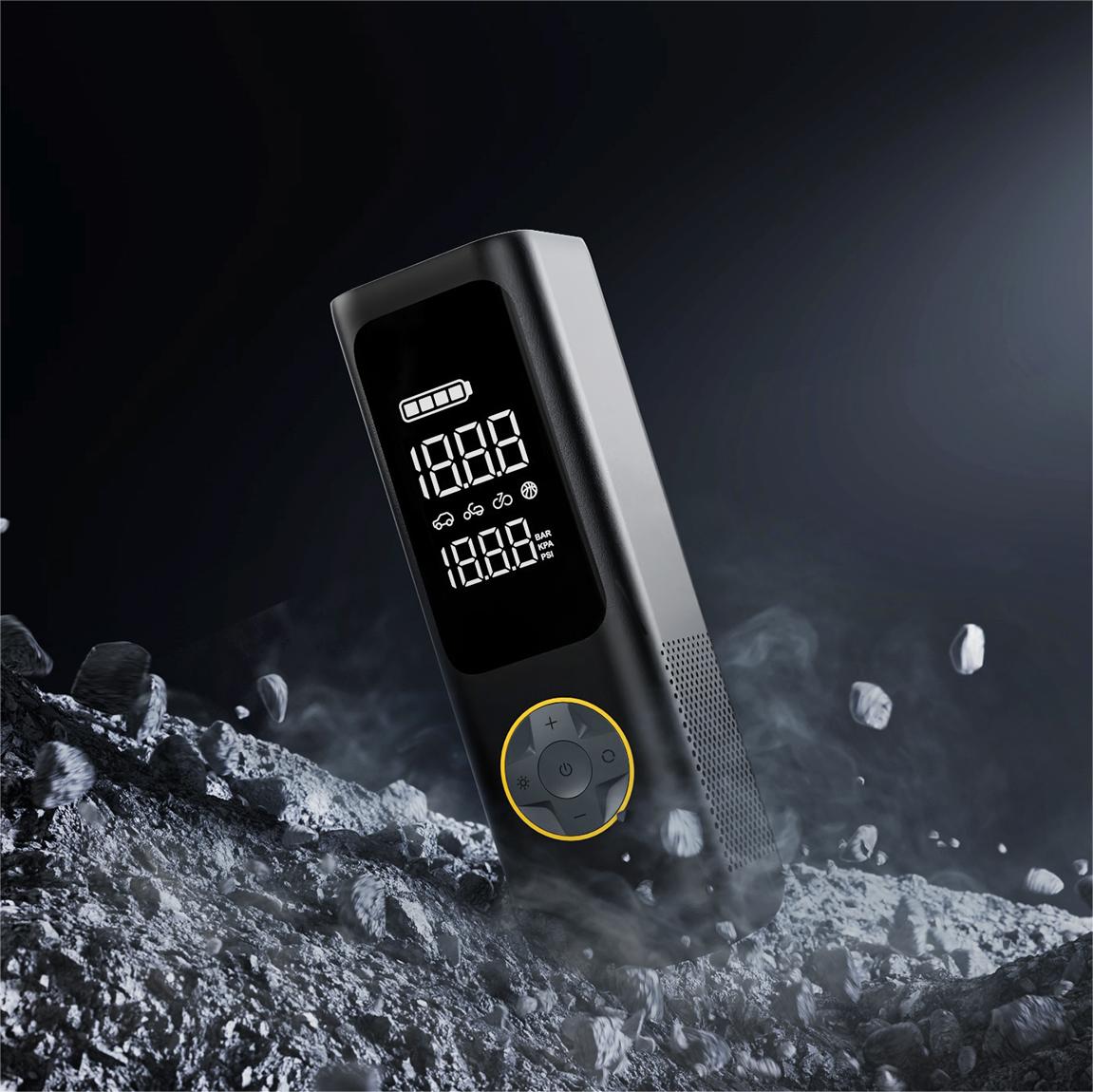
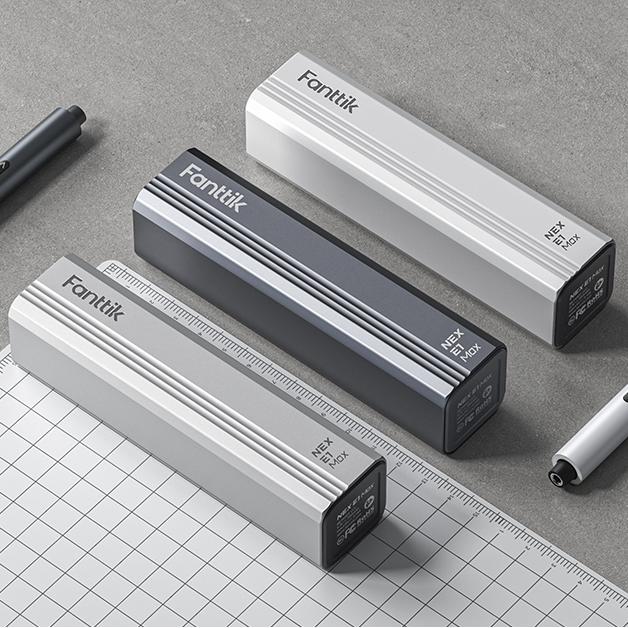
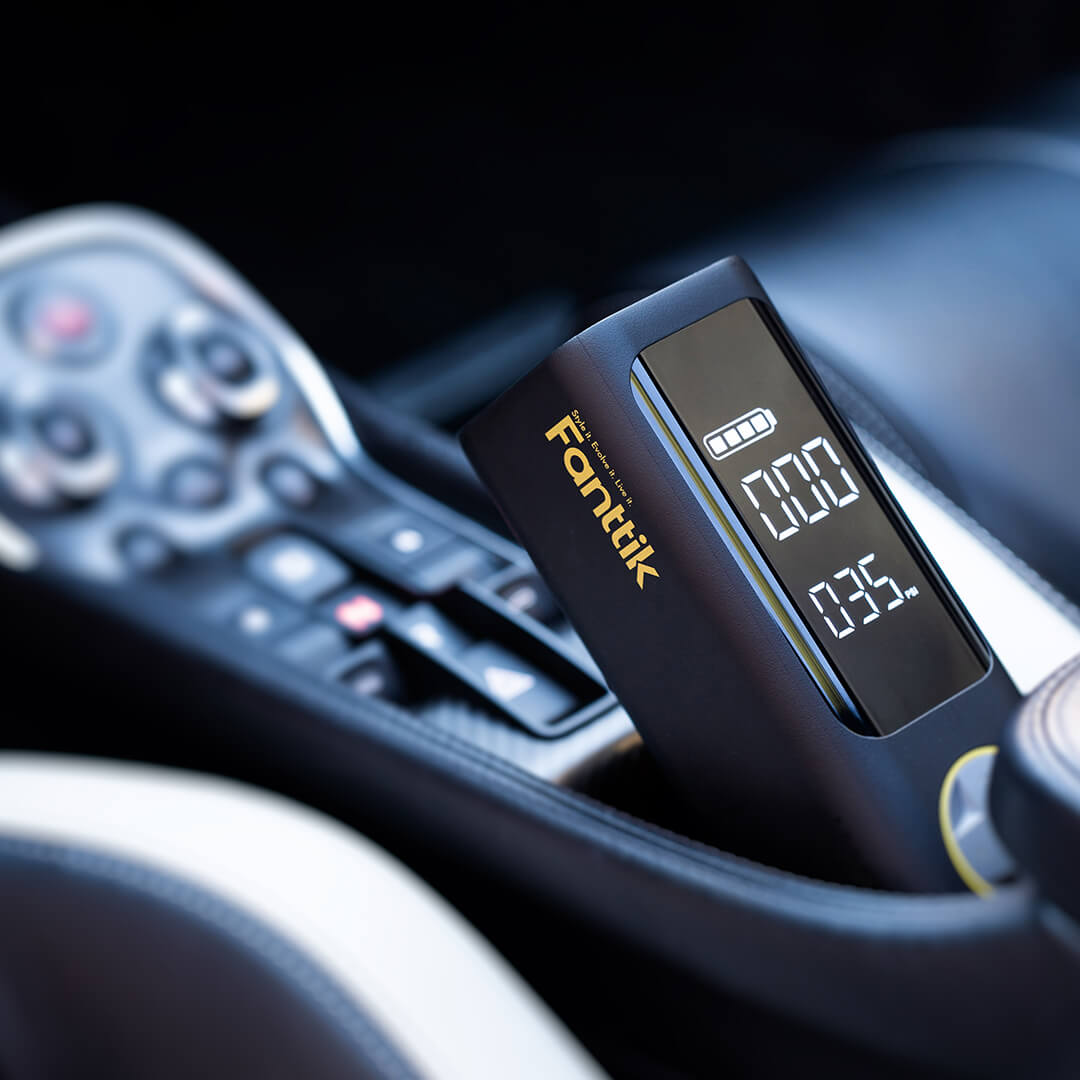
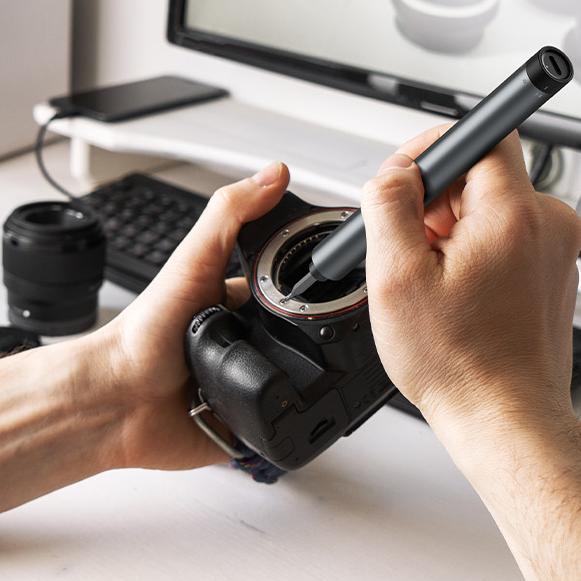



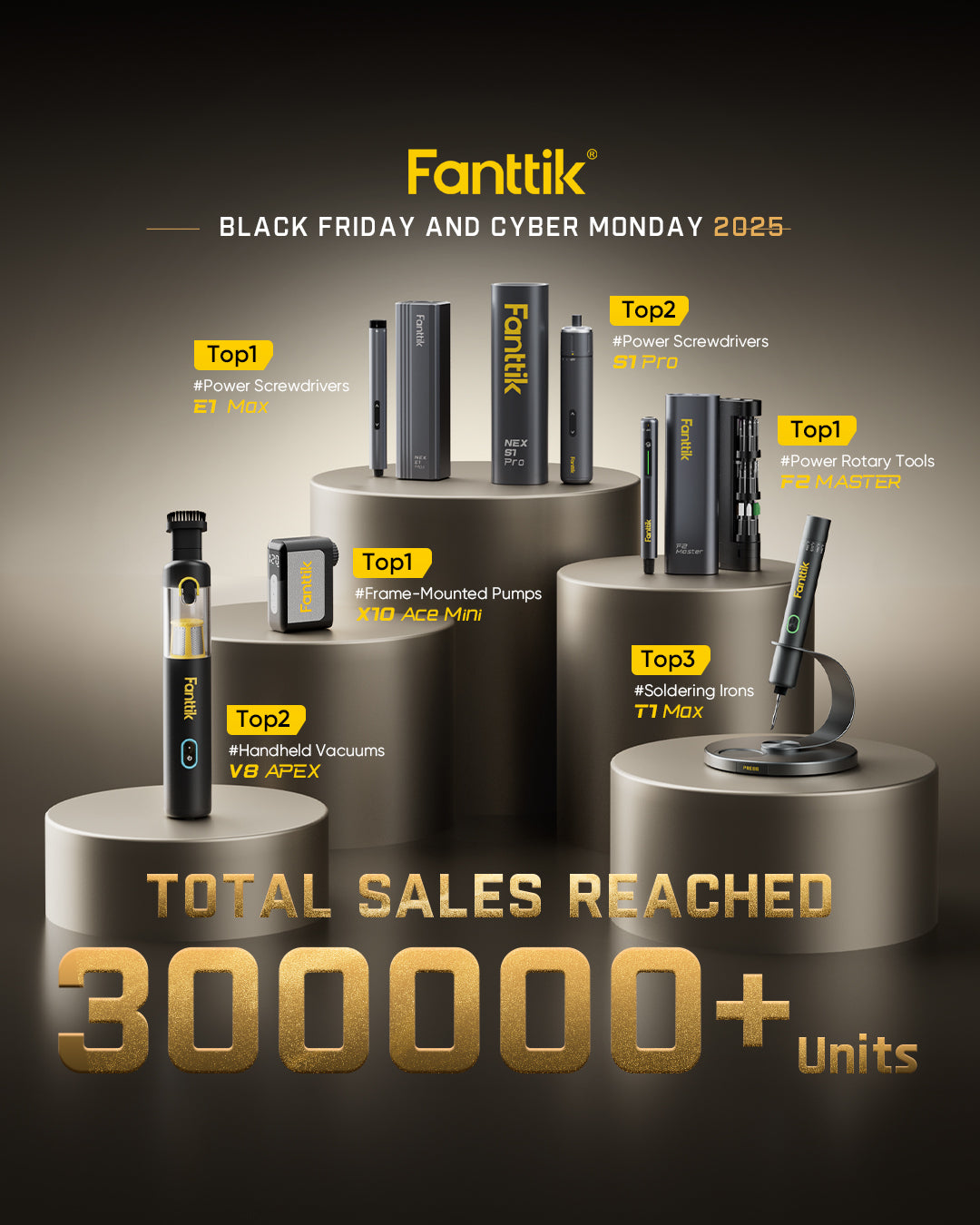
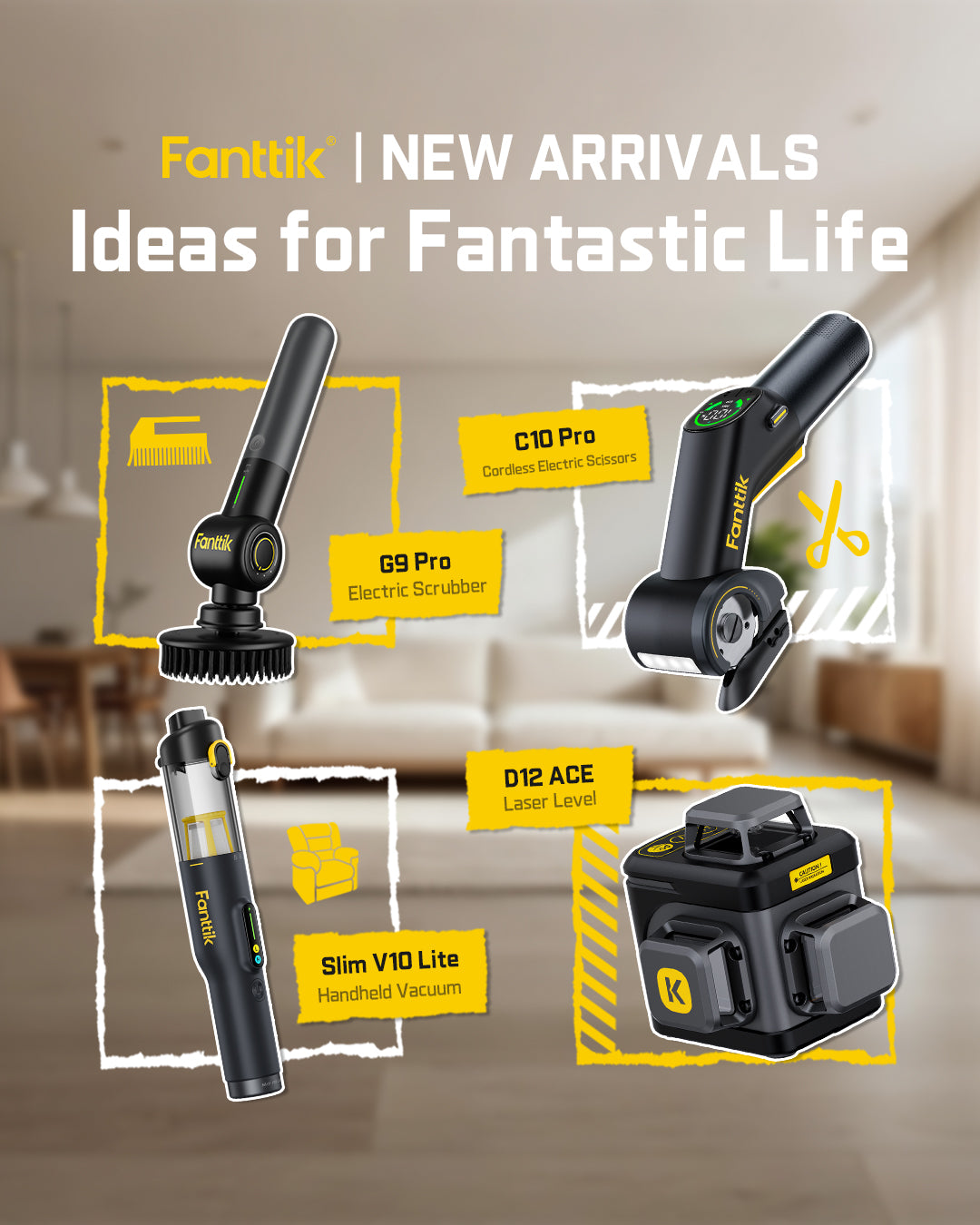
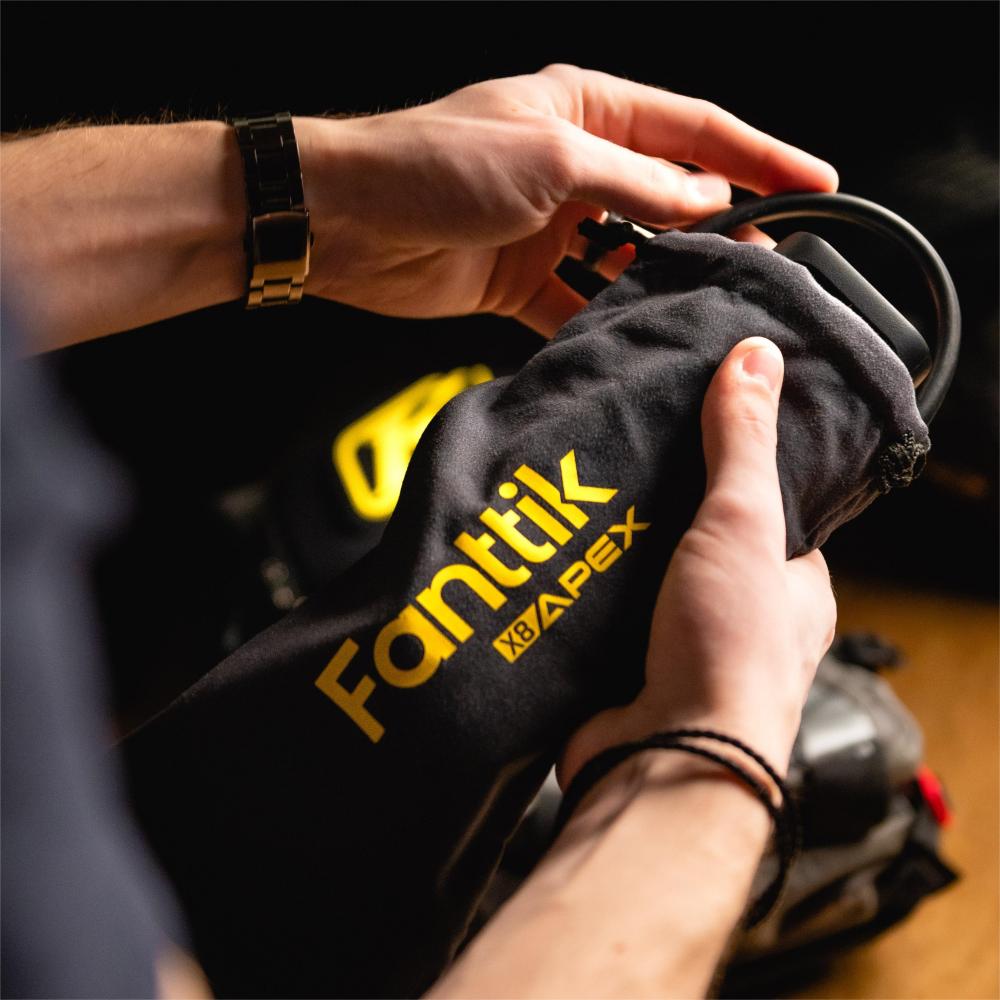

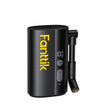
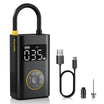
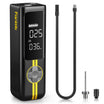
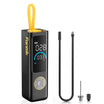
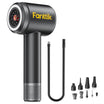
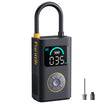
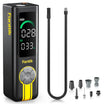
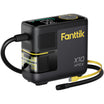
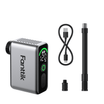
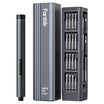
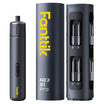
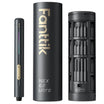
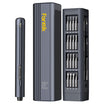
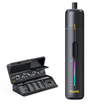
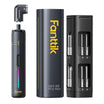
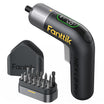
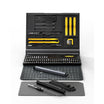
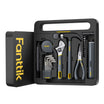
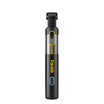
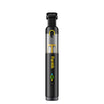
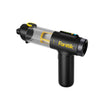
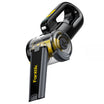
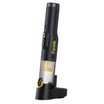
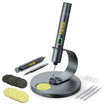
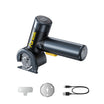
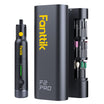
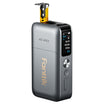
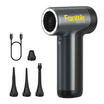

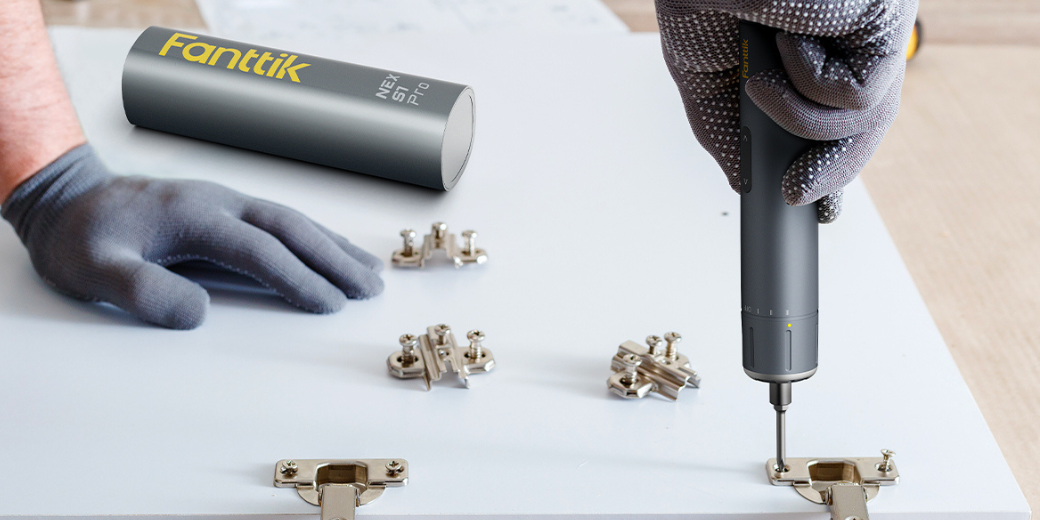
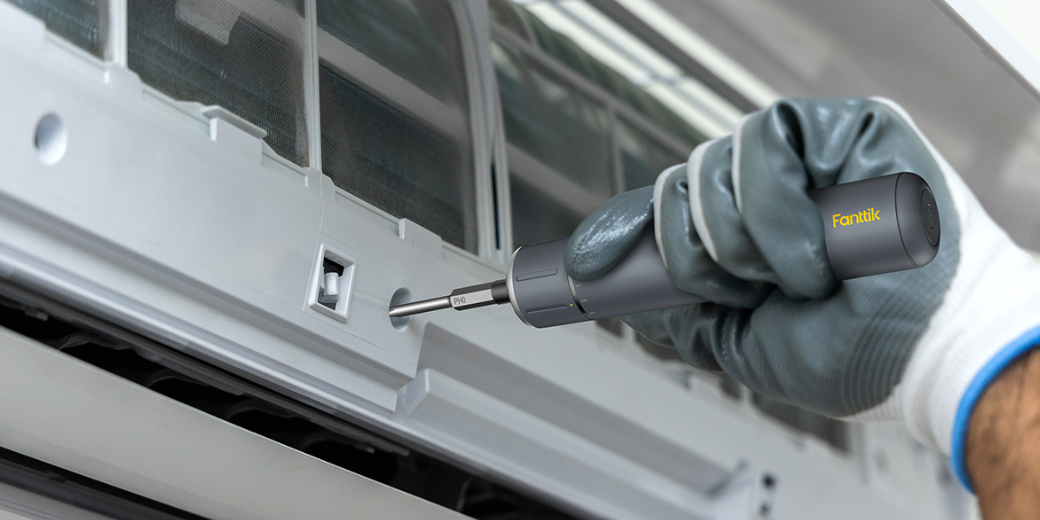
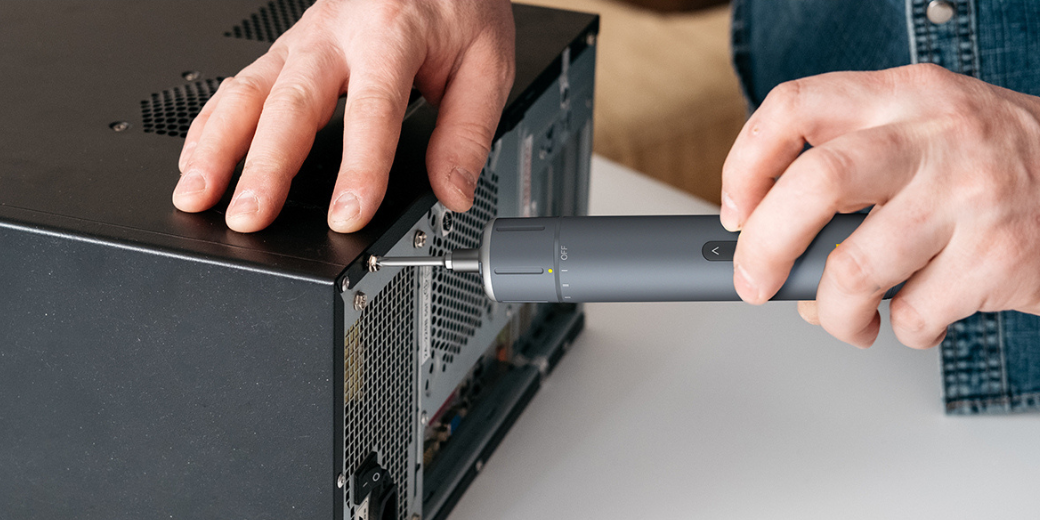
Leave a comment
All comments are moderated before being published.
This site is protected by hCaptcha and the hCaptcha Privacy Policy and Terms of Service apply.